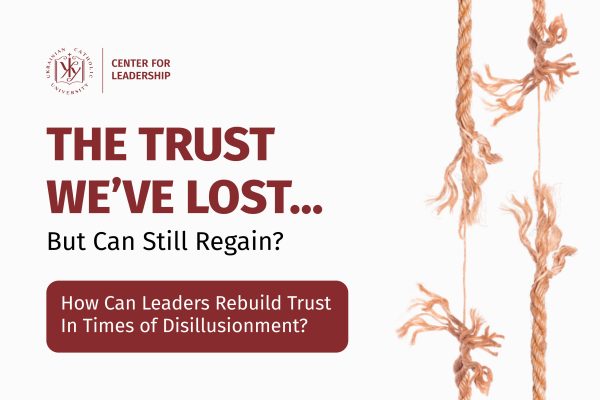
About
methodology
The methodology “Leadership based on Character”, developed by the Ian O. Ihnatowycz Institute for Leadership at Ivey Business School – specifically by researchers Mary Crossan, Jeffrey Gandz, and Gerard Seijts – is the most honest, precise, and structured way to describe the Character inherent in every Leader, regardless of industry or era.
According to this concept, Leadership comprises three components: Competencies, Commitment, Character.
Competencies
Competencies
Competencies
Competencies




